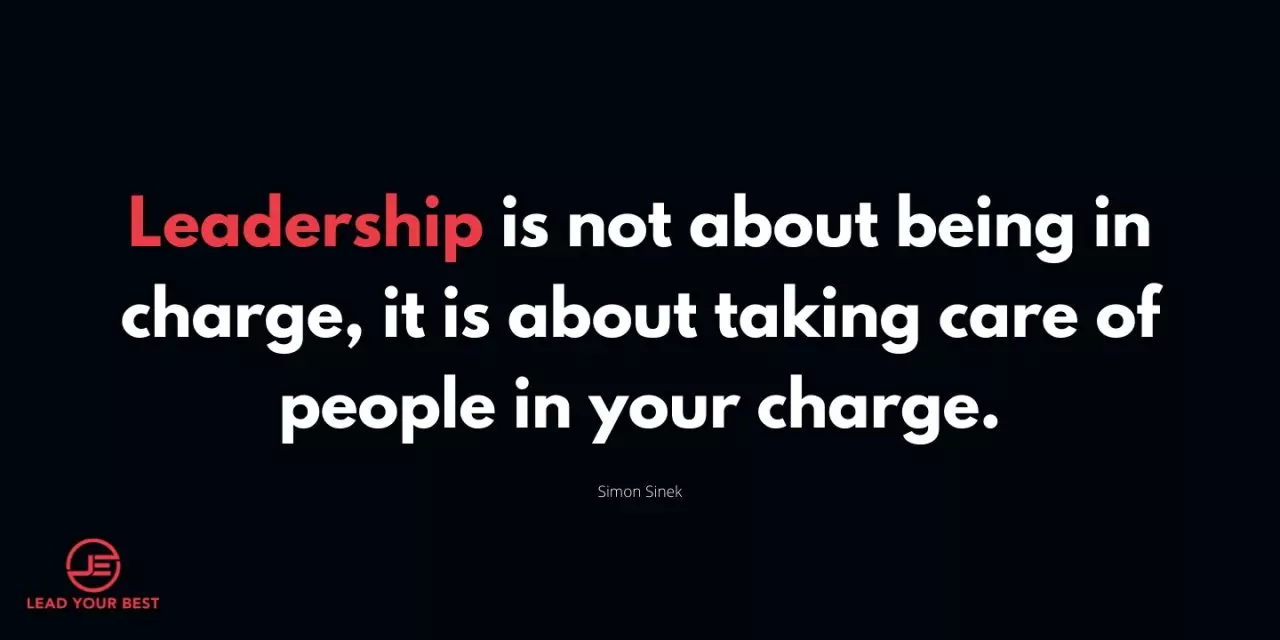Comments
- No comments found

Ever wonder when most executives and managers will stop talking about employee burnout and instead do something about it?
Take Whitney Wolfe Herd, current CEO of Bumble, for instance. In light of a hectic year, with her company navigating remote work, a global pandemic, a public offering (Nasdaq BMBL), and immense user growth, Wolfe Herd was done talking about employee burnout and decided to do something about it. She gave all of the company's 700 employee workforce a week off of paid vacation to help them with burnout.
In a statement, Bumble said that like most people, "our global team has had a very challenging time during the pandemic. As vaccination rates have increased and restrictions have begun to ease, we wanted to give our teams around the world an opportunity to shut off and focus on themselves for a week."
Now I don't pretend making a decision like this is an easy one whether you are the CEO of Bumble or any other organization. To go a step further, just because it was the right decision for Wolfe Herd doesn't mean it's the right decision for another organization. However, it proves she isn't afraid to make tough decisions, especially when it comes to taking care of her people.
Great leaders aren't afraid to make tough decisions, especially when it comes to taking care of their people."
Burnout is a term thrown around so much; it feels like it's lost its meaning. It's defined as; a state of emotional, physical, and mental exhaustion caused by excessive and prolonged stress. It typically occurs when you feel overwhelmed, emotionally drained, and unable to meet constant demands.
The Mayoclinic goes a step further, saying, "Burnout isn't a medical diagnosis. Some experts think that other conditions, such as depression, are behind burnout. Researchers point out that individual factors, such as personality traits and family life, influence who experiences job burnout."
If you or a team member is burned out, here are a few warning signs:
Now that we're clear on what it is and some of the signs, the natural question is, are workers burned out?
According to an Indeed survey, 52% of all workers are feeling burned out, and more than two-thirds (67%) believe the feeling has worsened over the course of the pandemic. So not only is burnout real, but it's still uncertain how it will affect professionals in the future.
Here are a few strategies to implement to lead effectively in this increased level of burnout.
The first step to identifying any problem is to open up lines of communication about how people are feeling and what burnout is. There is a decent chance your team might be experiencing signs of burnout without knowing what it is. A couple of good ideas to consider include:

One of the leading causes of burnout is excessive demands of a job. Now here is where many managers get leadership wrong. They confuse demands with standards. A leader who makes demands gives insistent requests made as if by right. A leader who leverages standards defines what great looks like and helps their team meet or exceed it.
Great leaders don't make demands, they elevate the standards.
An excellent way to think about this is the quality of work that's required. For example, if a leader of an engineering team that designs bridges or buildings were to lower the standards of her team, it would put people in danger who use the building or bridge in the future. So instead of lowering the standard, this leader should extend project timelines or limit the number of projects her team takes on to maintain the design standards while putting her people and their wellbeing over short-term profit.
Recognition matters to people, and it works. Don't just take my word for it; according to research, When asked what leaders could do more of to improve engagement, 58% of respondents replied: "give recognition."
O.C. Tanner found 45% of surveyed employees said the recognition they receive at work feels like an empty gesture that is not meaningful to them. Here are a few ideas from a video to help:
There is no doubt that each professional, team, or organization could be affected differently by burnout. So to assume there is just one way for every leader to respond would be foolish. So whether you want to take a page out of the Wolfe-Herd book of leadership and give your people a paid week off to show them you are serious about their health and well being or not, the key is that you don't ignore burnout or downplay those that might be experiencing it. It's your job to elevate others, and being proactive in overcoming burnout will be a sign you are doing just that.
Do you agree with Bumble's CEO Wolfe-Herd's decision? How do you suggest leaders combat burnout? Tell me in the comments.
John is the CEO of LearnLoft, author of, F.M.L. Standing Out & Being a Leader and host of the 'Follow My Lead' Podcast. He writes or has been featured on Inc.com, LinkedIn Pulse, TrainingIndustry.com, eLearningIndustry.com, CNBC Money, and more. John completed his education at the University of Maryland College.
Leave your comments
Post comment as a guest